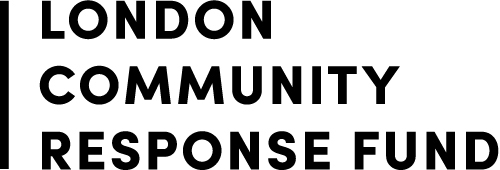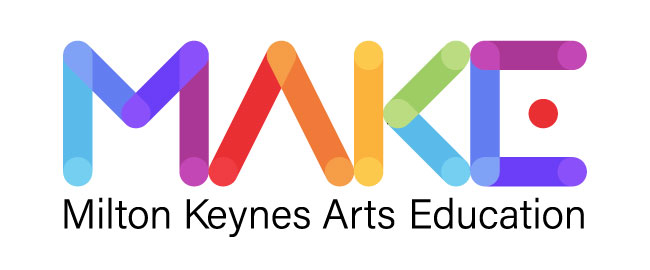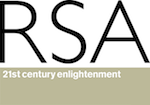Can children take their first steps in mathematics through the performing arts?
|
Helping children take their first steps in mathematics through the performing arts? Is that possible?
We think so. And so do the schools we work with.
Phil Baldwin, class teacher at Edward Wilson School, explains more:
“Our Artis Specialist Smiles started working with my class last year. As Reception children, and now Year 1, you could easily imagine how creative teaching helps them develop basic learning tools like attentive listening and motor skills. Yet week by week Smiles has also introduced, skilfully and gradually, rhythmic counting. And not counting tangible objects, but counting in the abstract. So…from counting out loud up from one to eight to a rhythm, the children moved to counting out loud to seven and clapping on the eighth beat, then to counting silently in their heads and clapping on the eighth beat.”
Similar work is taking place at a new school, Ark Academy Headteacher Jacqueline Steele said:
“We are creating an all-through academy for three to 18 year olds. Our first reception intake of 60 pupils started in September 2008 and Artis began the same week! So it is exciting as we plan to have the support of Artis long-term, enriching the curriculum right from the start of our children’s learning.”
An influential study in the United States gave strong support to the theory that music-making can help children grasp the basics of maths. Researchers found that by comparing the maths test results of children receiving piano lessons with those learning maths only by traditional methods and computer programs, there was a causal relationship between musical training and better numerical ability.
Pupils with experience of music showed better progress in their maths skills, especially in ratios and fractions. For the research leader, Dr Gordon Shaw, this highlighted the connection between pupils’ music-making and their grasp of mathematical principles: “The learning of music emphasises thinking in space and time … when children learn rhythm, they are learning ratios, fractions and proportion”, (Dr Shaw, University of California, 1999).
If you’d like to find out more about how Artis could work with your school, tailoring our approach to your curriculum themes, then simply email: dingdong@artiseducation.com or call us on 0207 324 9884. |
31 Oct 2013 |















